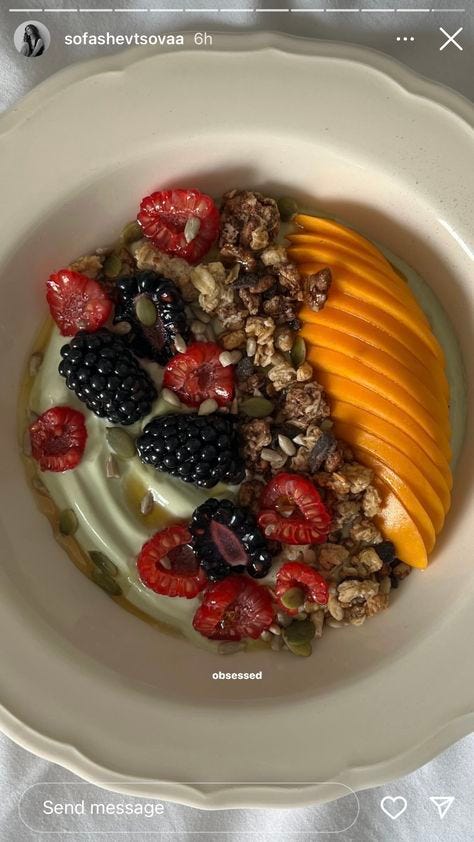
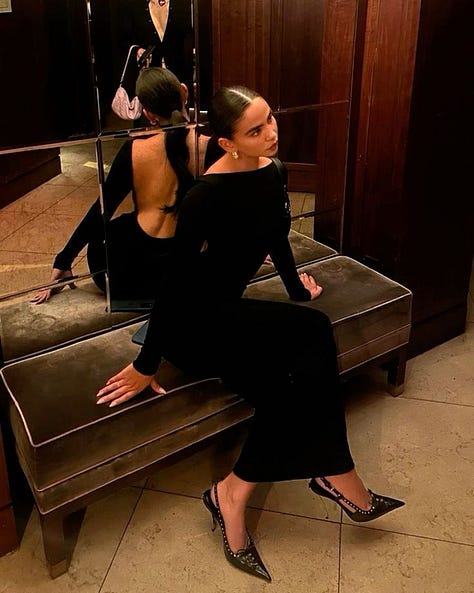

What is desire? Desire is a restaurant. Desire is watching you eat. Desire is pouring wine for you. Desire is looking at the menu and wondering what it would be like to kiss you. Desire is the surprise of your skin. Look: in-between us now are the props of ordinary life - glasses, knives, cloths. Time has been here before us. History has had you - and me, too. My hand has brushed against yours for centuries. The props change, but not this. Not this single naked wanting you. — jeanette winterson, the white room.
the trouble with asserting that i have an eating disorder lies in the paradox that much of my affection for life intersects so intricately with my love for food.
Just look at how I’ve written about it:
Balancing on the tips of his toes, he pulled down the steel mixing bowl he loved and began to make breakfast. He let his grief pass through his hands and into the folds of the dough, infusing it with everything he was. Food was also love in [?] eyes and so it was an emotional process, laborious in a way enjoyable and purifying to him.
The kitchen was moody; the cabinets were painted seaweed green. The island and countertops were carved from dim brown wood, streaked with multiple shades. It had been sourced from some fallen trees a couple of towns away and cut down for further construction. [?] had been the one to find the sustainability initiative and propose the idea. [?] smiled with all his teeth, pleased that his husband knew him well. The stove and oven were pitch black, with a subtle sparkle that came only when the hood light was on.
He’d left his phone in his bedroom, aching for silence as he kneaded and pressed at the pastry beneath his hands. It was like pressing his fingers to his skin in a way, every push sending an answering echo of pain circling his wrists. The wood was pasty with flour, sugar, and water, and he accidentally brushed a line of cinnamon onto the floor. — excerpt from a work of fanfiction, authored by me.
Something that brings me almost obscene pleasure is the gratuitous depiction of food in media.
I adore literature that lingers on the presentation of plates, narratives where emotional turbulence is mirrored in the kitchen or through the ritual of dining. Friends send me mediations of food as a love language, cooking as an act of desire. Many of my favorite films or shows border on the absurd with their sensuous portrayals of food: the painstaking craft of creating meals, the intimate act of tasting, digesting.
When plans are made for a night out, I’m the one who others consult for restaurant recommendations. My family will go without me sometimes and later text to say I’d have loved it due to one thing or another—low lighting, harmonious flavors, exquisite plates. They make plans to return, this time with me, so I can bask in the heat of the open kitchen warming my neck as I intermittently glance down at a meal I’ll struggle to finish.
At twenty-one, my mother and sisters no longer need to pass drinks across the table for me to “taste.” Still, I rarely drink outside the confines of home. One glass of wine and I grow drowsy, craving the nearness of my bed, a staircase away from sleep and the promise of tomorrow.
As the saying goes, my phone eats first. Carefully composed photos—angled and moody, in dim 16:9 frames—capture a glazed chicken breast poised beside a neatly tucked cup of rice, a drink lingering in the background as if begging for acknowledgment. These snapshots make their way to my group chats, quiet submissions for admiration. They then are reshared on another’s story without credit because I feel better about it that way.
I consume podcasts devoted to eating: the meals people adore, the dishes they create, the foods they have others craft for them. I mentally catalog the favorites of the affluent, bookmarking recipes I never revisit. I subscribe to publication after publication to savor anecdotes of culinary redemption—like a dreadful first date salvaged by the creamy brilliance of a mango-based seafood sauce I’d have never thought to put inside me.
I fixate on scenes where characters feed each other, where a stray finger catches the rolling bead of a wayward drink. I watch as food is cast off tables in the fervor of passion, discarded for the act of one eating another. And even in those moments, I think, What a waste. The irony doesn’t escape me; after all, who would have eaten it? Certainly not me, most of the time.
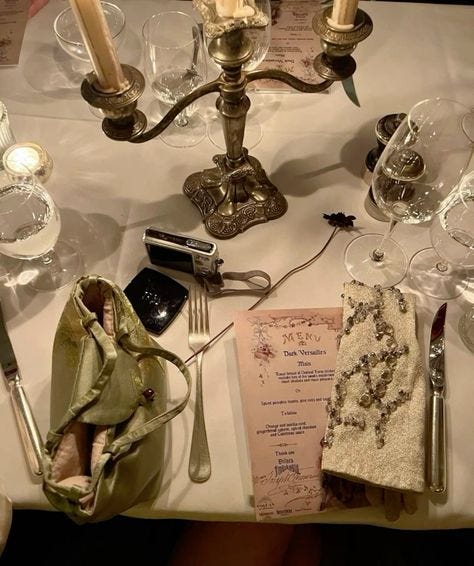
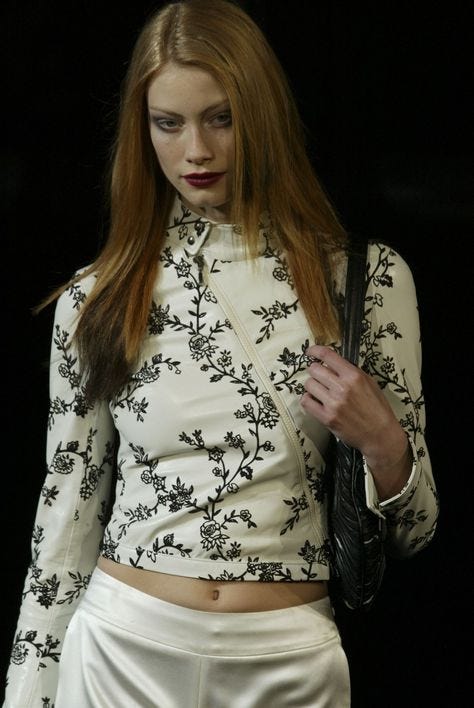
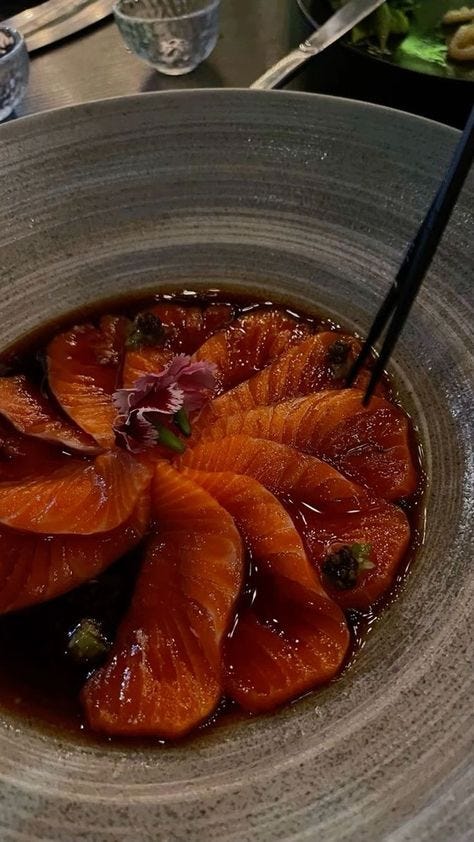
The restriction of my own consumption was never about being thin. It was about discipline and, subsequently, punishment. To be more specific, it was the act of punishing myself. I simply needed to be better.
When I, rarely, speak of my "affliction" to others, the response often veers toward comparison and weight. I understand the connection, but it has never been about others. I hesitate to put this into words, but I have often found myself both envious and adoring of those who looked “fuller” than me in every sense of the word.
I delight in others eating, and eating well. I want you to eat well because I love you. Even now, in the shaky tide of my recovery, I bake and bake and bake to fill someone else. I cook and cook and cook for the pictures and the declarations of how much someone else is enjoying it. I want you to swell with satisfaction, to sink your teeth into the parts of me I’ve buttered into this pan. I’m easily angered by the assessments of others’ looks and weight, by the correlations people draw between a blinking scale and who deserves respectability and love.
I am not so easily angered when it comes to myself.
When I was younger, and as I got older, I slipped my fingers into the air and pinched others' comments between them, savoring and freezing their words inside my developing mind. The list grew slowly, but steadily. My problems, as stated: I ate too fast. I snacked too much, and when I did, it wasn’t healthy enough. I didn’t think of others when I ate—God, could you leave some for someone else? And so it went.
I would steal moments for myself in my little car, buying a box of goodies here and there and stuffing them into my purse so no one would see me sneaking them up into my room. I’d hide them in the closet until everyone was asleep, content to eat alone in the dark of night. I’d wake to shame and abstain in the morning, sipping cup after cup of coffee and taking long, winding walks, with sad women singing in my ears about how much they were hurting.
My bags got bigger as I grew; it made it easier to toss bigger boxes in. When I crossed the pond onto English soil, I barely grocery shopped, cloaking my habits under the guise of saving money. During my first year there, I roomed with a darling, burgeoning Chinese fashion designer named Kelly, who did the same to save her dollars. Between the two of us, the fridge and cabinets were so empty I don’t know how we weren’t passing out all the time.
We made tea with her pale yellow electric kettle, its water boiling furiously as we politely traded anecdotes about our days spent at class or home, working late into the night on our respective projects. We were both tired and far too thin, but we loved one another. We are still friends.
In my second year, the guilt lessened, but I found myself crashing amid one of the most devastating periods of my life. Even now, it’s hard to confront the words “eating disorder.” That wasn’t something that happened to girls like me. Or so I thought.
I convinced myself that my indulgence in food pornography and obsession with food-centric content were evidence of healthy eating habits—proof that I was in no danger. I told myself I didn’t care about being skinny, despite constantly squeezing the sides of my stomach to ensure they fit into a single palm. Despite idly encircling my wrist with two fingers, making sure they met without resistance.
My Black identity complicated things further. I didn’t know any Black women who struggled the way I did. No one talked about it, even as many of my female relatives embarked on relentless “fasting” regimens or rode the wave of Ozempic usage, accompanied by comments about how “fat” and “ugly” they were post-pregnancy.
And then I read this:
“I would say I have struggled with disordered eating, and I only say that because I was never formally diagnosed with an eating disorder,” McCullough says. “I think this happens a lot in Black communities because … there still is a large stigma around going to a therapist — in particular, talking about eating concerns.”McCullough says there is an idea that although you can’t change your skin color, you can change your eating habits — something she says can contribute to this desire of wanting to be in control and the development of an eating disorder. — read more here.
Discipline had always been my most redeeming quality. I was at my most beautiful when I was at my most controlled. I was also at my worst.
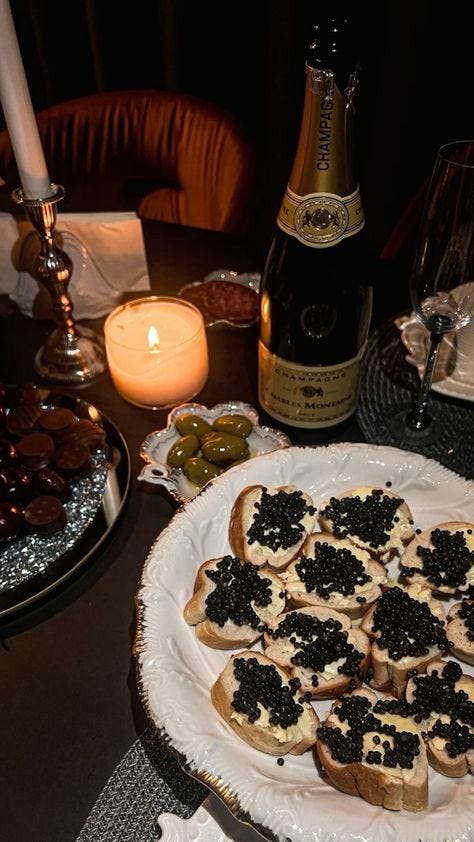
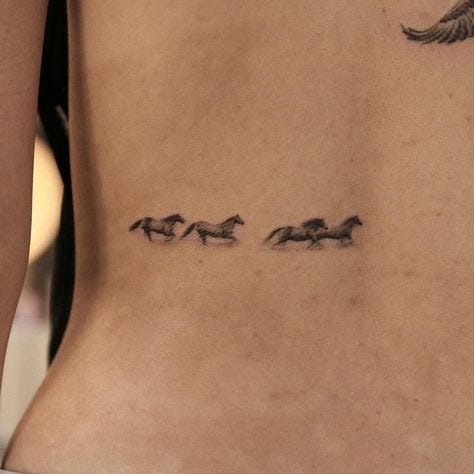
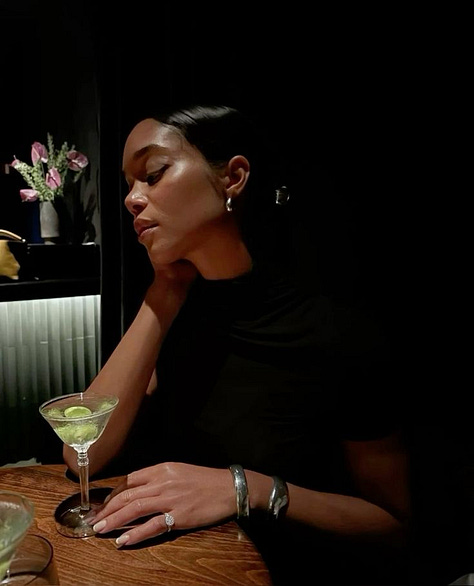
Now, in my penultimate year, recovery feels more tangible. I still stumble, and I’m still cruel to myself in ways I wouldn’t dream of being to others. Perhaps that’s why I overcompensate by being exceptionally kind to everyone else.
But it is recovery. I’ve mostly stopped relegating the act of eating to the lens of my camera. I let my best friends cook for me. I move food from the plate to my mouth instead of merely pushing it around. I’ve even started to look forward to lunch and dinner. Breakfast remains sparse—some habits break you instead of the other way around.
I’ve learned my hunger persists because it is in love with me. I must learn to abide.
I lapse because I am human and full of fallacy. Today wasn’t my best. I had cantaloupe and pineapple in the morning, washed down with a finger’s width of supplements. No lunch. Dinner was a bowl of yellow rice and lentils and a single trick-or-treat-sized Kit-Kat as a treat.
But tomorrow allows for a new attempt. My plan is two pieces of toast, spread thick with almond butter and avocado, alongside a cascade of blueberries, tenderly sliced strawberries, and my beloved cantaloupe. Coffee with goat’s milk, too—though the lactose disagrees with me. Perhaps that appears like a punishment from a bird’s eye view, but it isn’t. I drink it for the luxury of its taste.
To end this on a hopeful note, below is a list of wonderful people whose content and joy have inadvertently aided me in my recovery. Their joy for what it means to hunger has reminded me of my own.
As for me, I’ll leave you for the pot of dark hot chocolate my mother has left simmering on the stove. I look forward to feeling the warmth.
for those listed below, thank you for helping me save my life.
- from try a little tenderness.
- from flora manson.
- from taming the light.
- from mixed bag.
- from toomanyforks.
- from chloé in newsletter.
- from the delicate decade.
- from early girl.
- from words from eliza.
- from concha emoji.
- from playing with food.
ED Recovery Resources
If you’re navigating your own path to recovery or seeking support for someone you love, these resources may be helpful:
National Eating Disorders Association (NEDA):
Offers a helpline, treatment locator, and educational resources.
www.nationaleatingdisorders.orgBEAT (UK):
Provides helplines, online support groups, and guidance for individuals in the UK.
www.beateatingdisorders.org.ukProject HEAL:
Focused on providing access to treatment and recovery support.
www.theprojectheal.orgThe Trevor Project (for LGBTQ+ individuals):
A crisis intervention and suicide prevention resource that also offers support for eating disorders.
www.thetrevorproject.orgRecovery Record (App):
A mobile app designed to support recovery, offering meal tracking, coping strategies, and progress monitoring.
Available on iOS and Android.Body Image Resources by Dove:
Tools and guides for improving self-esteem and fostering body positivity.
www.dove.com/selfesteemCrisis Text Line:
Free, 24/7 text-based support by texting “HOME” to 741741 (US/Canada) or 85258 (UK).Intuitive Eating Community:
Promotes a positive relationship with food through the principles of intuitive eating. Books and resources are available on www.intuitiveeating.org.The Eating Disorder Foundation (EDF):
Support groups and programs designed to aid individuals and families in recovery.
www.eatingdisorderfoundation.org





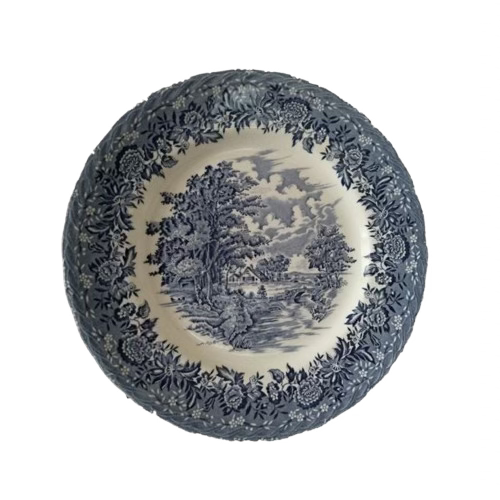
i love you so so much + you are so incredibly strong mentally and physically and emotionally for going through this and also choosing to fight it <3
I've never read anything described quite like this. Your words are velveteen, or like they've been frothed as a barista would do with milk---either way there is an irresistible texture to this all. I could picture every line and every scene with the slightest mental effort---the words magicked it all up. Amazing. But more than this, I so wish you did not struggle so; I'm so sorry. Take care of yourself as best as you can. Your writing is too good to be stinted by a mind too hungry or too fatigued to write <3